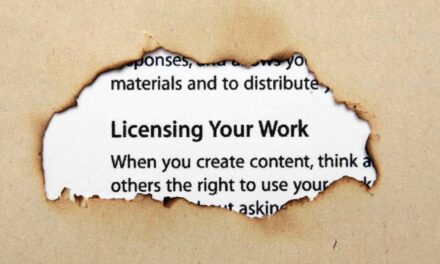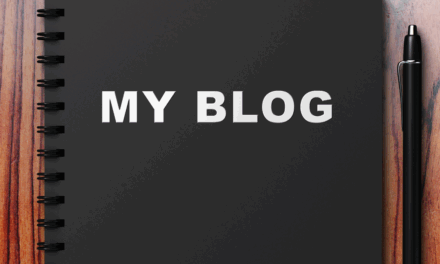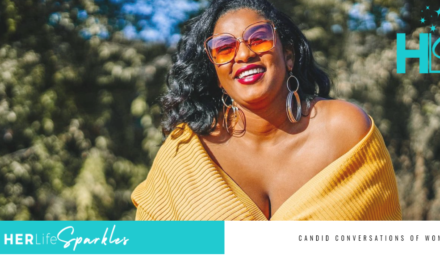“The absolute lowest price I can go is …” If that’s your best negotiating phrase for paid sponsorships, Justin Moore of Creator Wizard shared better advice at Creator Economy Expo.
And if you don’t think brands will be interested in partnering because you don’t consider yourself an influencer, have a big following on social, or have a really niche content tilt, think again.
"The absolute lowest price I can go is …" isn't the best statement for negotiations. @JustinMooretfam has better advice for #Sponsorship Deals. #CreatorEconomy Share on XJustin relates the story of Paul, a content entrepreneur who hosted a podcast for lawn care professionals interested in growing their businesses. He had been doing trade deals – brands gave him their products in exchange for promotion – until he realized he was leaving money on the table. So now, he upsells his partnerships with live events, speaking engagements, interviews with the sponsor on his podcast, etc. And Paul’s content business brings in five to 10 times more revenue.
Here are five things Justin says you should do to increase revenue from sponsorship deals:
1. Ask questions and make it about the brand
Throw out the rate card – that standard pricing list that brands frequently request. Instead, when a brand asks for your rates, use that as an opportunity to learn more about it and its marketing goals.
What is their goal for the partnership? What success metrics will they use in this campaign? How will they use the content? Have they worked with creators before? Did it go well?
Negotiate paid sponsorships by asking what the brand wants to accomplish, says @JustinMooretfam. #ContentBusiness Share on XShow you are interested in what they have to accomplish.
Justin once received a request from a brand for a YouTube video. But when he learned how they planned to use it, he found they wanted him to post the video and they would chop up the footage and run paid advertising with it.
So Justin proposed delivering what they actually wanted – he would create four or five 30-second videos, each with unique messaging, CTAs, etc. The company said yes, and Justin earned more than he would have if he had just spit back a standard video rate when they asked.
2. Know your BATNA
In the beginning, your BATNA – best alternative to a negotiated agreement – is likely weak. You need the money to keep the business (or you) going. But as your business grows, always determine the next best thing that can happen between you and the brand if you can’t negotiate an agreement on the original proposal.
Of course, don’t reveal that to the brand. If they know your BATNA, they will lowball you.
Your BATNA requires you to recognize your competence with confidence. It also incorporates the answers you learned earlier by asking about them and their goals.
For example, if a brand balks at hiring you, be ready to explain how you are a production company in a box – editing, distributing, and marketing the assets. If they don’t partner with you, they will have to create the content, hire actors to produce it, and then pay Facebook and YouTube to run it as an ad.
Share your competence with confidence when working on an agreement with a brand for a paid sponsorship via @JustinMooretfam. #CreatorEconomy Share on X3. Play the long game
Early in their business, Justin booked airplane tickets before the signed contract came through because the brand wanted to expedite the photoshoot. But as they were on the plane, the agency representing the brand said they needed them to do some content that the couple earlier had declined to do.
They took responsibility for their decision to go ahead without a signed contract and told the agency, “Don’t worry, we’ll figure this out. We know it’s not intentional.”
After the shoot, they found a compromise that made sure the agency’s client was happy. “Because we didn’t screw over the agency and make them look terrible to their client, they brought us a bunch more business after that (over $4M in sponsorships to date),” Justin says.
Don’t think of sponsorships as a one-time deal. Play them as a long game.
4. Use the RELAY framework
Justin creates the acronym RELAY for the negotiation process. Reflect: Why are they saying this? Educate: Don’t concede to their requests that won’t work. Use your position as the expert to explain your position with confidence. Listen: After you educate them, understand their decision. Adjust: Modify your position or stand your ground. Yield: In the final agreement, concede something minor but important to the brand. It leaves them with a positive feeling about doing business with you.
5. Get creative in counterproposals
Realize you can negotiate more than price. For example, if the budget isn’t available, could they stretch it over two quarters? Reduce the deliverables or shorten the exclusivity time frame. Shorten or lengthen the timelines. Every point can be negotiated.
About the author
Ann regularly combines words and strategy for B2B, B2C, and nonprofits, continuing to live up to her high school nickname, Editor Ann. An IABC Communicator of the Year and founder of G Force Communication, Ann coaches and trains professionals in all things content. Connect with her on LinkedIn and Twitter.










